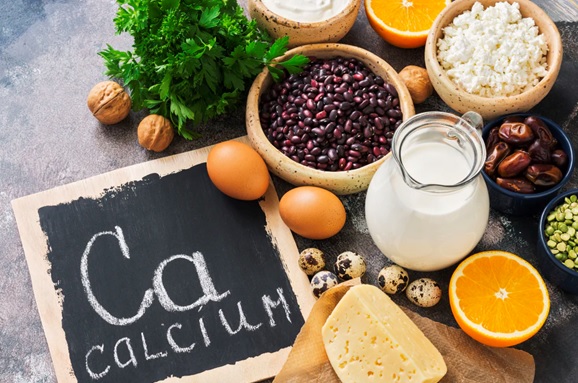
Calcium is crucial. Without it you will have brittle bones, dysregulated blood pressure and issues with your nervous system. The amount we need increases as we age. It also varies depending on whether you’re pregnant or have conditions like irritable bowel disease. Since calcium is typically found in dairy products, vegans might have a hard time getting it in. No need to worry though. There are plenty of different calcium sources out there. You just need to know where to find them. If you want to be in the know then read below. You’ll learn about the importance of calcium and how to get enough of it through diet, even if you’re plant based.
How Much Do We Need?
The right amount of calcium will depend on the individual and what stage of life they are in. Optimal intake depends on genetics, age and lifestyle. According to the research, the average adult needs around 1,000mg per day. This is the equivalent of three glasses of trim milk. Those over 50 and young children will need a bit more than this (around 1,200-1,300mg). The same goes for pregnant or breastfeeding women. It’s all good and proper to know this figure but most of us don’t keep track of our calcium intake. Even if we do consume this amount, we may not necessarily absorb it all. A few factors influence our ability to extract nutrients out of our food. So even those who smash back a lot of dairy products may still not hit their daily calcium requirements.
Absorption
Our genetics and lifestyle influence our ability to utilise nutrients. For example, alcohol can inhibit absorption and high caffeine/salt intake can increase calcium excretion. It’s important we don’t piss away all of those good nutrients. Vitamin D is also needed to transport calcium. So if you don’t get enough of that, your absorption will be negatively affected. People with conditions like coeliac and IBD struggle to absorb nutrients at the best of times. If this is you, it pays to be especially conscious of your nutritional choices. Vegans may also have a hard time hitting their calcium intake since they avoid meat and dairy products. Basically, your nutrient levels are impacted by a myriad of factors. The best way to ensure you are getting enough is to get regular blood tests and consume a wide array of whole foods. If you’re averse to animal products then keep reading to learn where to find calcium on a plant based diet.

Leafy Greens
Green veggies are great for many things and calcium is one of them. Kale, bok choy and broccoli are packed with nutrients and easy to find in your local supermarket. Adding 200g of collard greens to your dinner will get you a whopping 360mg of calcium. This amount is pretty impressive for a plant based option. It shows that vegans can easily get their recommended intake without relying on dairy products. More vegetable options include soybeans, okra, pumpkin and kumara. Whip up a massive stir fry and you’ll be good to go. If eating veggies isn’t your thing, you can always get an NZProtein super blend powder to sneak into smoothies. Leafy greens are referred to as ‘super foods’ for a reason. You’d be daft not to eat them on a daily basis.
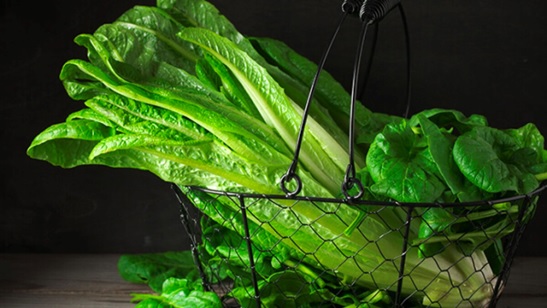
Fruits
Certain fruits can also be a great way to get your calcium intake up. These sources won’t be as rich as dairy products but they still make a difference. Your best options are oranges, figs, blackberries and raspberries. One orange will get you around 50mg of calcium in addition to many other vital nutrients. Fruits are packed with vitamins and are convenient snacks to take on the go. If you’re not including them in your regular diet, you’re missing out. Add them to smoothies, baking, pizzas and salads. For those worried about calcium intake, you better get figgy with it.
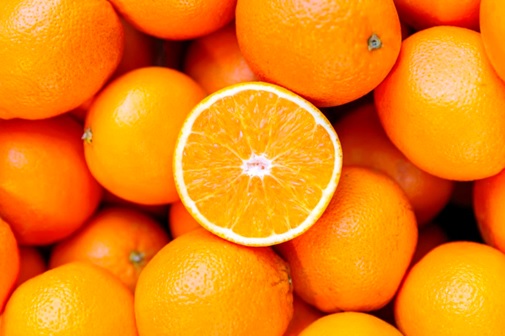
Plant Milks & Almonds
Plant based milk lattes might actually be nutritious as well as trendy. Almonds themselves contain 264mg of calcium per 100g. The fortified milk versions contain significantly more. Just a single cup of almond milk will get you 300mg of calcium. That means your plant based coffee habit might not be as bad as you thought. The amount of calcium in the plant milk will depend on the type and the brand. It always pays to check the nutrition panel first. If coffee isn’t your vibe, you can always make a smoothie instead. Why not add a spoonful of NZProtein LSA for an extra 82mg of calcium? Or maybe a teaspoon of NZProtein chia seeds for another 96mg. Once you know which products contain calcium, it’s almost too easy to hit your daily intake. The next time someone says you can’t get enough calcium on a plant based diet, hit them with the facts. It’s definitely possible if you know what you’re doing.
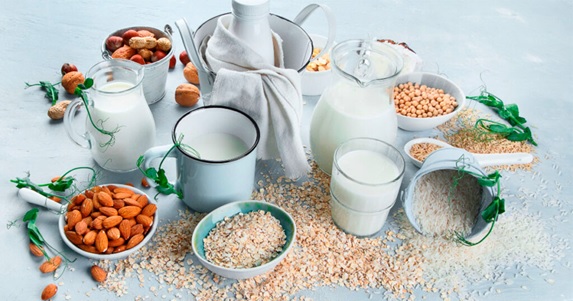
Supplements
If the foods listed above don’t appeal, you can always try a supplement. These should be considered as a last resort because the research on supplementation is controversial. Getting too much calcium can lead to kidney stones and constipation, so err on the side of caution. However for the right person, supplements can be hugely beneficial. Most options on the market also come with added vitamin D to promote absorption. Make sure to chat with your doctor before taking any additional extras. Relying on food for your calcium intake is always the first port of call. However, if getting it through diet isn’t doable for you then grab some supps. It’s better to get your calcium in pill form than risk letting your bones waste away.
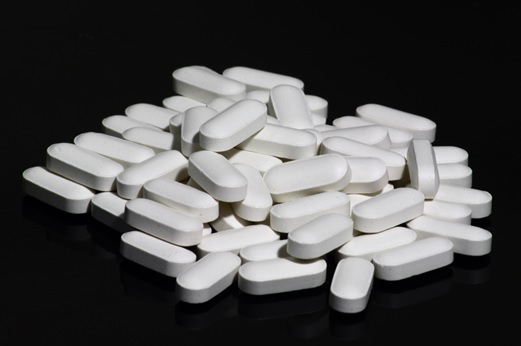
Conclusion
The point of this article is to make sure you don’t skimp on the calcium. They say “you are what you eat” but actually “you are what you absorb”. Make sure that in addition to eating high calcium foods, you also get out in the sun and be wary of the booze and coffee. Don’t let the fact that you are vegan get in the way of optimum calcium intake. Smash back those collard greens and soy milk smoothies. Your future self will be much better off if you prioritise nutrition now.
